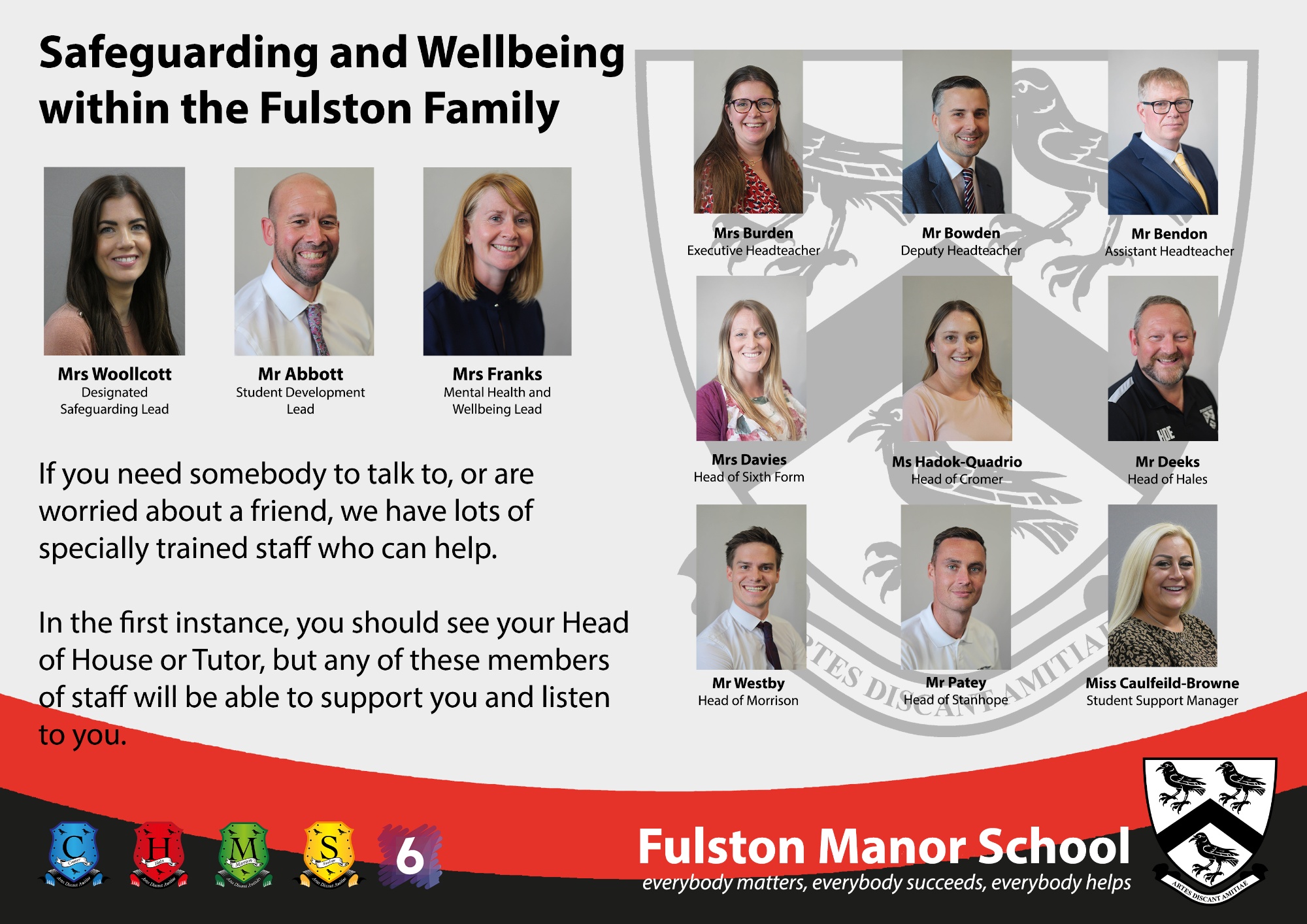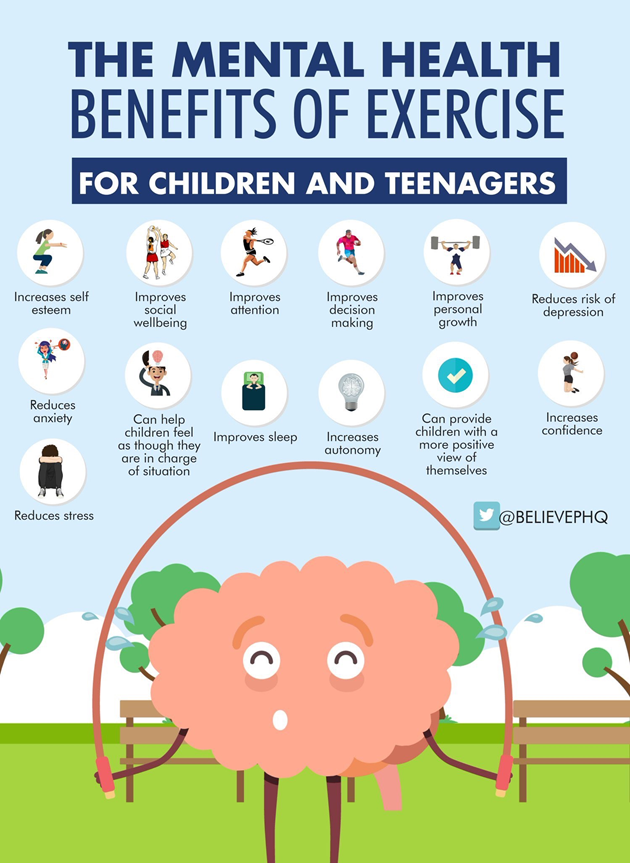Support For Students

Approaching your Teachers, Peers or Parents/Parers
Whilst a common trait with mental health issues is to bury or hide it inside, it is much healthier to have a conversation with a peer, friend, parent/carer or a teacher. The hardest part is getting the conversation started.
You will frequently find that the response of the other person will remind you that there are those who care about and are interested in you, and will help you to see your way to managing the issues more clearly.
It can help to start with some more general terms such as:
“I’ve been having a bit of difficulty with…” or “I’m feeling quite low”.
It may be useful to specify you would benefit from 5 minutes to have a quiet chat, when they are likely not to be distracted by other people or in a busy place. Once this is out in the open the conversation will become a two-way street and you will find it progresses more easily. Some useful resources and guidance on how to talk about mental health can be found at https://www.time-to-change.org.uk/talk-about-mental-health/telling-someone-about-your-mental-health-problem
Getting professional help
There is also a small capacity for a short course of one-to-one counselling available in school. You should speak to your Head of House or the Head of Sixth Form if you think you would benefit from this, or if you don’t feel comfortable doing so, ask a parent/carer or another person to talk to us on your behalf.
If you have a feeling that you need urgent help or that you feel so low, angry or upset that you have considered harming yourself, then the best way to get help quickly is by going to your GP and asking if they can refer you for support.

Useful Links...
How Can Physical Activity Help My Mental Health?
There are many studies which have shown that doing physical activity can improve mental health. For example, it can help with:
- better sleep – by making you feel more tired at the end of the day
- happier moods – physical activity releases feel-good hormones that make you feel better in yourself and give you more energy
- managing stress, anxiety or intrusive and racing thoughts – doing something physical releases cortisol which helps us manage stress. Being physically active also gives your brain something to focus on and can be a positive coping strategy for difficult times
We All Have Mental Health
If you are “still trying” you are coping, but do not forget
- That you are not alone
- To add exercise to your daily routine
- To get enough sleep
- Eat healthily
Remember you are stronger than you feel, your Tutor or Head of House are here to help, contact them anytime via email.
How To Cope With Anxiety
Millions of years ago, we needed anxiety to keep us safe from danger. These days our bodies still try to protect us. We worry about different things that aren’t always dangerous but our bodies still react in the same way. This is why you can feel anxious about things that aren’t actually harmful.
Because anxiety is a normal reaction, it’s sometimes hard to tell when it’s becoming a problem for you. It can start as a simple worry but grow into a panic attack. If you have a lot on your mind then sometimes quite a small thing can bring on anxiety. Remember, anxiety is normal. And there are lots of ways to manage your anxiety. Childline have created this video “How to cope with Anxiety”.
How to Deal With Loneliness and Isolation
You don’t need to be physically alone or cut off to feel lonely. You might be surrounded by other people. But it can feel like you are on your own or that no one understands how you feel.
Loneliness can make us feel down. And if you feel like this, reach out to your parents/carers/tutor/Head of House or if you do not feel comfortable talking to someone you know contact Childline. Childline have created a video which provides strategies to help with loneliness and isolation.
www.childline.org.uk
Better U by Ellie's Angels
Mental health affects so many of us and young people are no different. There is a common stigma attached to mental health, and often, people find it difficult to discuss, ask for help or seek advice.
Established in 2021, Ellie's Angels works with NHS healthcare, schools and other supportive communities to develop ways that young people can access the help they need in a way that is familiar to them.
They are a registered charity (England & Wales no 1200825), and all grants and donations fund thier work and activities to support and help others.
Thier aim is to introduce mental health awareness and support into day-to-day life, remove the stigma surrounding the subject and make mental health a 'normal' topic for young people to engage and discuss.
We use Ellie's way to start to help those in need of mental health support by way of journalling, affirmations and other self help tools. In April 2022, working with local healthcare services, they launched Better U - a brand new App developed by young people, for young people to access help and journal online in a social media style platform that they can associate with. Visit your App Store or Play Store and search better u to download.
www.elliesangels.org
Kooth
Free safe an anonymous online support for young people. Giving you someone to understand or advice on talking to friends, they are here for you.
www.kooth.com
Live Well Kent
Are your feelings or worries impacting on your relationships, work or life generally? You’re not alone: at least 1 in 4 people in the UK will experience a mental health problem each year.
At Live Well Kent they can help you improve your mental and physical health and wellbeing. It is a free service for anyone over 17.
www.livewellkent.org.uk
The BeYou Project
The BeYou Project connects young people in Kent who are lesbian, gay, bisexual, trans, non-binary or are questioning their sexual orientation and / or gender identity.
They offer a safe, welcoming and non-judgemental space where young LGBT+ people can meet to socialise, have fun and help each other.
YoundMinds
They are leading the fight for a future where all young minds are supported and empowered, whatever the challenges. They're here to make sure you get the best possible mental health support and have the resilience to overcome life’s difficulties.
www.youngminds.org.uk
Mind
Mind help with guidance on where to start on your journey to support, they can help you make the right choices, find the right treatments for you, understand your rights or reach out to sources of support.
www.mind.org.uk
Time To Change
They are campaigning to change the way people think and act about mental health problems.
How to Improve Sleep
The Teen Sleep Hub is a hive of information around sleep aimed at teens (not parents).
Please click the link below to access downloadable and online resources:
Teen Sleep Hub
STOP.BREATHE.THINK
A brand-new campaign called STOP.BREATHE.THINK has been launched.
https://www.snow-camp.org.uk/stopbreathethink/
Snowcamp are offering FREE one to one mental health support for all young people across the country.
You do not need to be involved in snow-camp to access this. You can get communication from a counsellor within 24hrs. We don’t have waiting lists and you will be contacted within the 24hr period and sessions for your 1-to-1 counselling will then be booked in.
Young people can refer themselves or there is a referral button which anyone can click and help to refer that young person. No matter how big or small the issue may be, please put a young person forward if they need some support.
Parenting Mental Health
Parenting Mental Health is a safe, supportive community and charity that helps parents of young people with mental health issues. We love to support parents and have brought together some resources.
Kent Resilience Hub
https://kentresiliencehub.org.uk
Here at the Kent Resilience Hub we wanted to create a resource that helps young people, parents and carers, staff and practitioners to understand emotional wellbeing and resilience.

